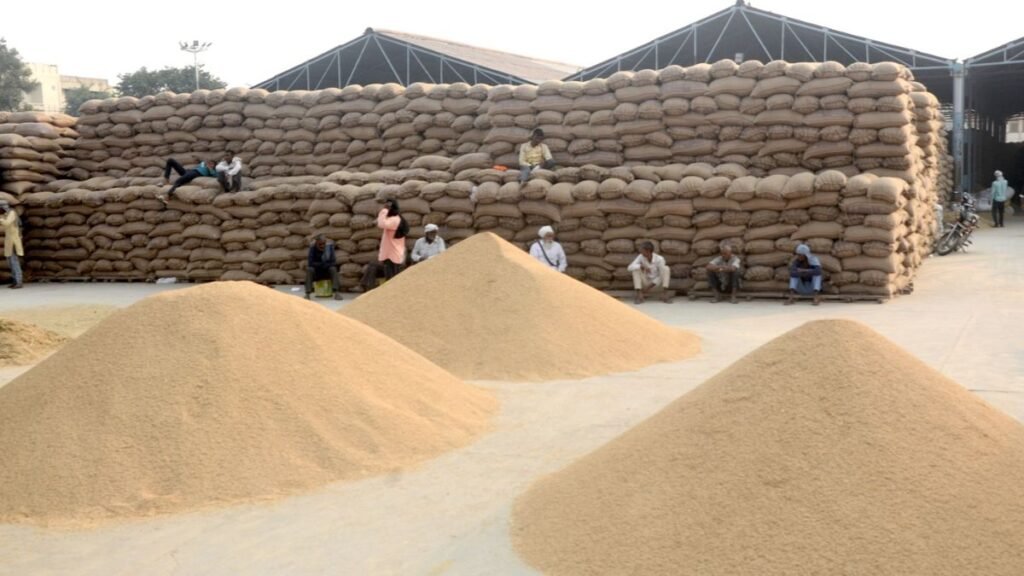Centre Eases Export Regulations By Lifting Minimum Export Price On Non-Basmati White Rice

In a strategic move to enhance the agricultural sector, the Indian government has announced the lifting of the Minimum Export Price (MEP) on non-basmati white rice. This decision marks a significant shift in export policy, aimed at stimulating the rice export market.
Impact on Exports

The removal of the MEP is expected to make Indian non-basmati white rice more competitive in the global market. With this change, exporters can engage more freely in international trade, potentially increasing their sales and improving overall export performance.
Benefits for Farmers
This policy change is likely to have a positive impact on farmers, as it opens up new opportunities for selling their produce at better prices. With increased demand for non-basmati rice in international markets, farmers could see a boost in their income, contributing to the agricultural economy.
The Centre’s decision to lift the Minimum Export Price on non-basmati white rice is a proactive step towards enhancing India’s position in the global rice market. By easing export norms, the government aims to support farmers and improve trade relations, fostering growth in the agricultural sector.
The Hindustan Herald Is Your Source For The Latest In Business, Entertainment, Lifestyle, Breaking News, And Other News. Please Follow Us On Facebook, Instagram, Twitter, And LinkedIn To Receive Instantaneous Updates. Also Don’t Forget To Subscribe Our Telegram Channel @hindustanherald








